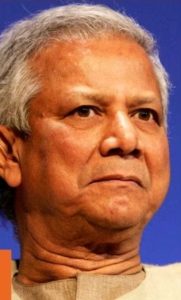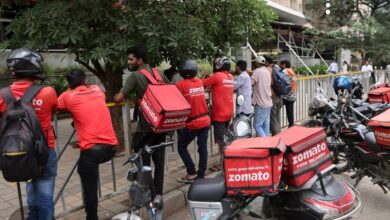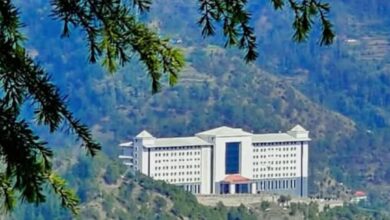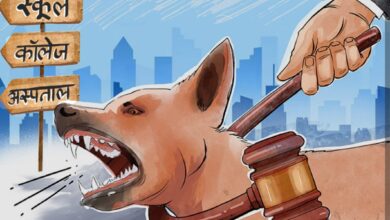Surge in Anti-Hindu Violence in Bangladesh: Alarming Policies Targeting Minorities
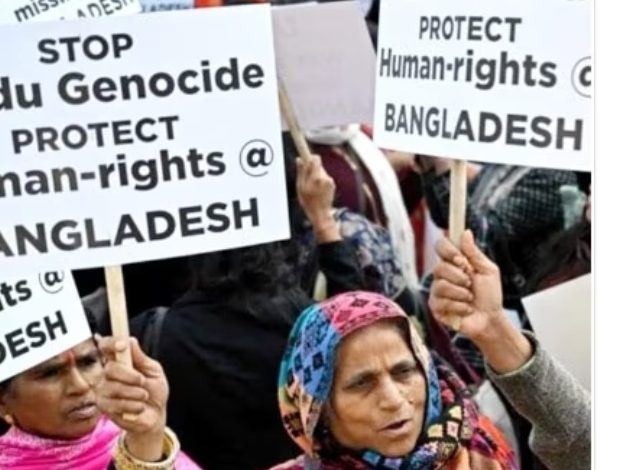

Surge in Anti-Hindu Violence in Bangladesh: Alarming Policies Targeting Minorities
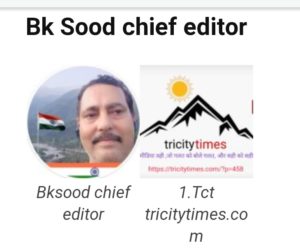
Dhaka: In recent weeks, Bangladesh has witnessed a disturbing rise in anti-Hindu violence and discriminatory policies targeting its minority communities. Accusations against the interim government, led by Chief Adviser Muhammad Yunus, have sparked widespread concern, with critics alleging a systematic effort to make the nation “Hindu-free.”
Discriminatory Policies in Action
Recent directives issued by Bangladesh’s Ministry of Home Affairs and the Public Service Commission have drawn sharp criticism. These orders reportedly bar the recruitment of Hindus to the police department, impacting all ranks from constables to senior officers. The implementation of these policies has led to the rejection of over 1,500 qualified Hindu applicants, raising questions about the government’s commitment to equality and human rights.
In a further blow, more than 100 Hindu officers holding key positions, such as Assistant Police Superintendent (ASP), Superintendent of Police (SP), and Deputy Inspector General (DIG), have allegedly been dismissed. Reports indicate that these positions are being systematically allocated to members of radical groups, particularly Jamaat-e-Islami, fueling fears of increasing extremism within state institutions.
Human Rights Violations and International Concerns
Human rights organizations have condemned these developments, emphasizing that such policies not only undermine minority rights but also breach international human rights norms. The Hindu community in Bangladesh, already vulnerable to social and economic discrimination, faces heightened insecurity amid these targeted actions.
Allegations Against the Interim Government
Chief Adviser Muhammad Yunus has come under scrutiny, with opposition leaders and activists accusing his government of facilitating a campaign of marginalization against Hindus. Critics argue that these actions are part of a broader agenda to alter the country’s demographic balance, effectively erasing its secular identity.
Global Response Needed
The situation in Bangladesh has prompted calls for international intervention. Advocacy groups have urged global leaders and organizations, including the United Nations, to take a firm stand against the persecution of minorities in the country.
Conclusion
The recent surge in anti-Hindu violence and discriminatory policies in Bangladesh signals a troubling shift that could have far-reaching implications for regional stability and minority rights. As the world watches, the responsibility to address these injustices lies not only with Bangladesh’s government but also with the global community to ensure accountability and justice for those affected.
